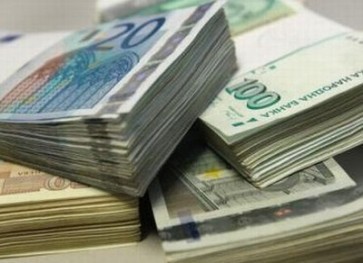BUSINESSES DEMAND A LOWER DEFICIT IN THE 2012 BUDGET AND A GUARANTEE FOR OWNERSHIP
"The Government's partners from the National Council for Tripartite Cooperation, which will discuss the draft budget today, are united on two issues. Maintaining the fiscal reserve at a minimum level is risky for both the real sector and social payments. The expected GDP growth of 2.9% has to be reduced to 0.5% in view of a probable peak of the financial crisis in the Eurozone," told Klassarepresentatives of business organisations and trade unions.
"A prerequisite for this is that companies have started planning for next year and expect sales to stay at their current levels in the best of cases," said Vasil Velev, Chairman of the Management Board of the Bulgarian Industrial Capital Association.
"The real sector has no access to credit resources in order to operate and consumption has not shown any recovery. Substantial flows of Foreign Direct Investment cannot be expected either. For this reason, trade unions will demand more realistic figures for both GDP and GDP growth," stated experts from the Confederation of Labour Podkrepa.
"Lowering the reserve is a signal of danger to the international financial community and to investors." Velev insisted, on the part of Bulgarian businessmen, for more buffers to be provided in the budget in case of an adverse development of the crisis because over 60% of our trade is with EU countries. Employers proposed further a smaller budget deficit to be set than the one expected at present. Experts from the association will also offer an increase in the collection of revenues by shrinking the grey sector - not through repressive measures but rather through an integrated approach.
Employers are united in their opinion that the moment is not appropriate for raising the minimum wage. "We believe that an administrative increase of the threshold of the minimum income liable for insurance contributions in economic activities where there are no preliminary agreements should not be introduced this year," said Velev.









